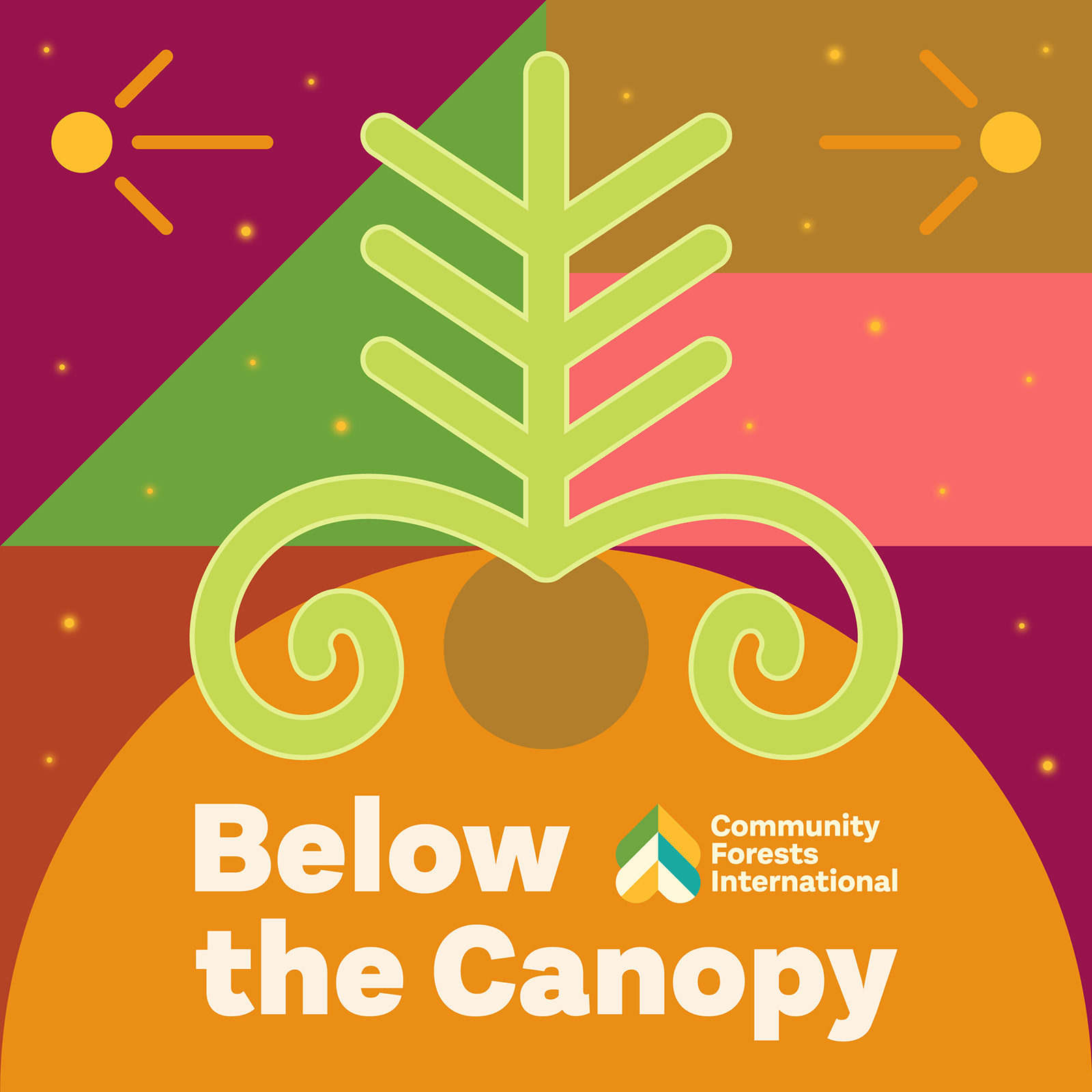The impact of forest degradation on biodiversity with Matt Betts
The amount of forestland has increased in parts of Canada in the last hundred years. But what’s green isn’t necessarily good for biodiversity. In this episode of Below the Canopy, we speak to Dr. Matthew Betts, whose research confirms what many already suspected: that when naturally diverse forests are degraded through intensive management, biodiversity will suffer. Dr. Betts explains the importance of conducting long-term ecological research, the usefulness of birds as a biodiversity indicator species, and how forest degradation is impacting wildlife in eastern Canada.
Resources and further reading:
- Forest degradation drives widespread avian habitat and population declines, Betts et al., Nature Ecology & Evolution, 2022
- Replanting one type of tree is not enough to stop clearcutting harm, study finds, CBC News, 2022
- Why forest complexity matters for biodiversity and resilience, Community Forests International, 2022
We would like to acknowledge the Government of Canada for supporting this project.
Podcast artwork by Emma Hassencahl-Perley and Erin Goodine.
Sign up for Community Forests International's newsletter to stay up to date with Below the Canopy and the rest of our work!
To support Community Forests International, please visit: https://forestsinternational.org/donate/.

